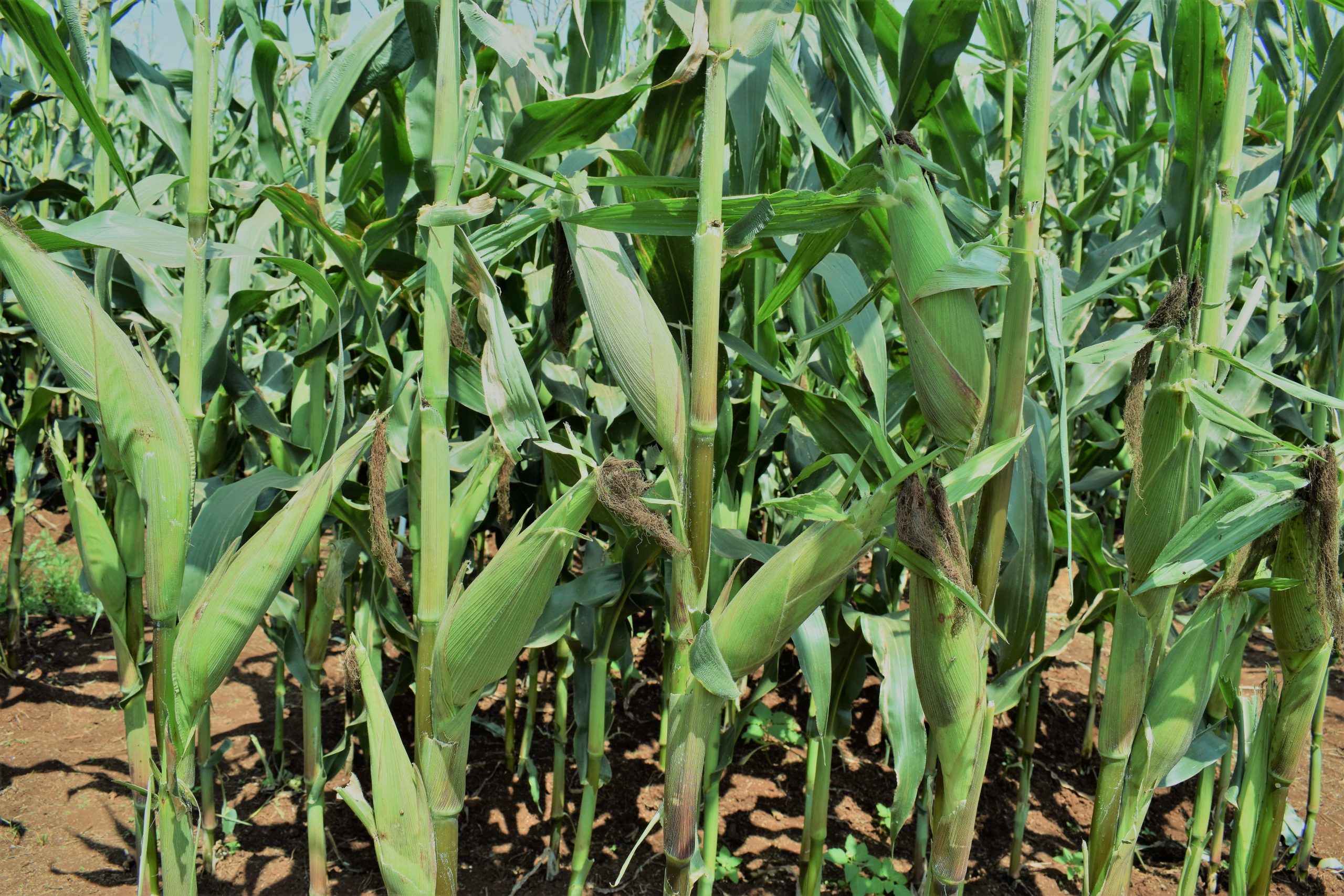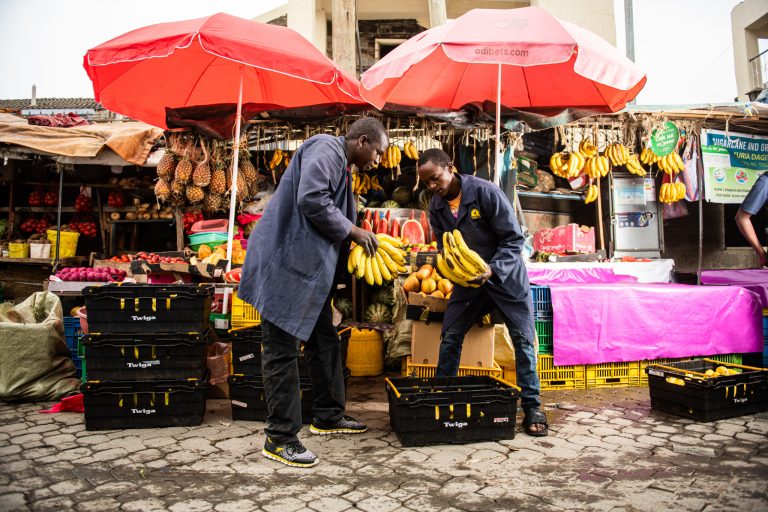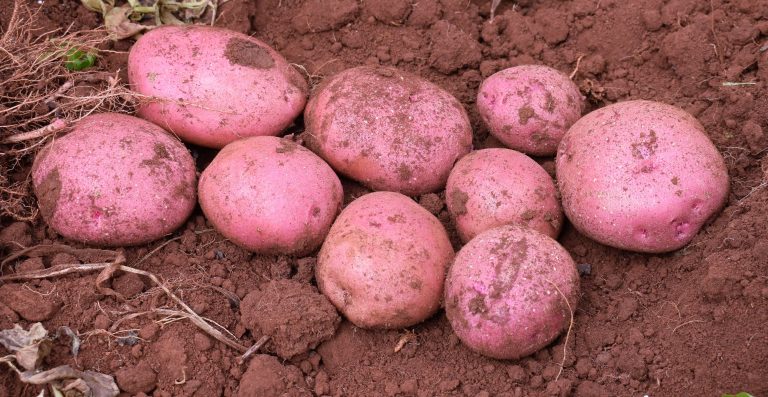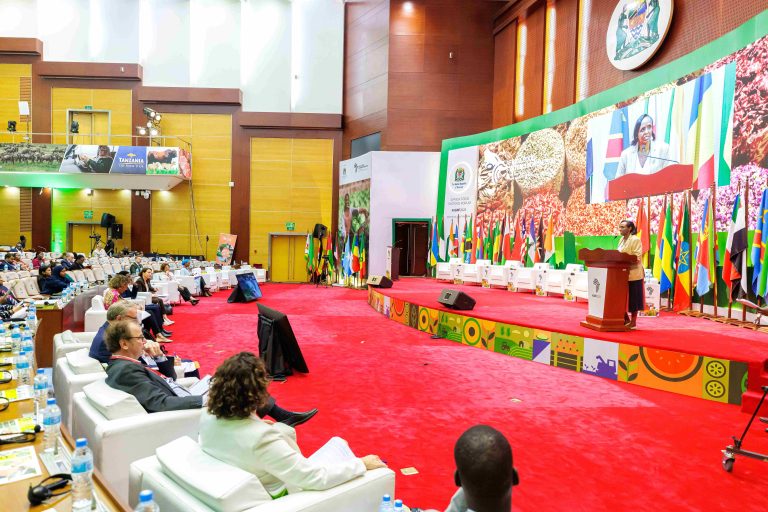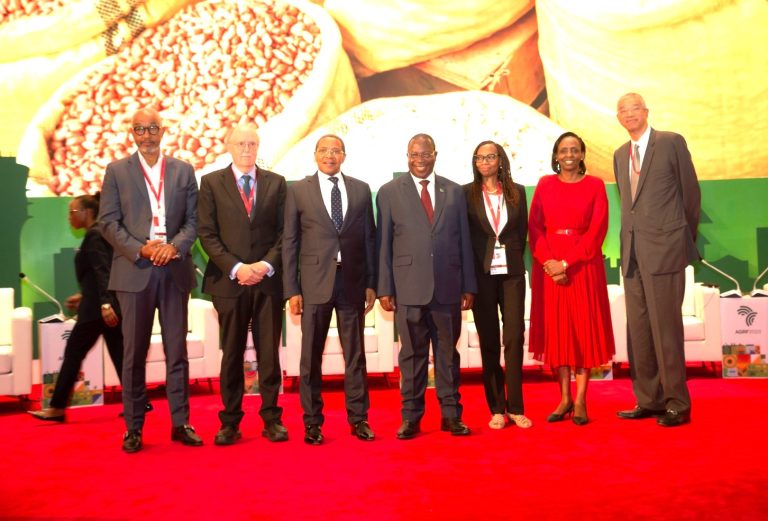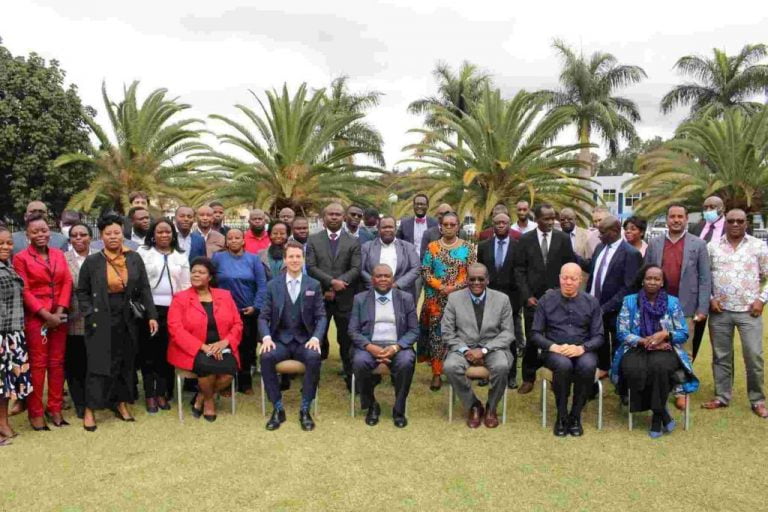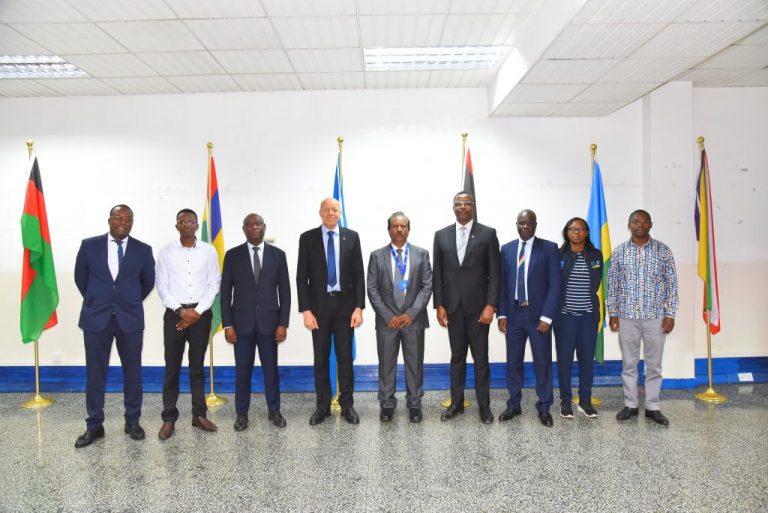Kenya through the Ministry of Agriculture, Livestock, Fisheries & Cooperatives has committed to build resilient food systems by investing more in technology with respect to food production.
During a COVID-19 virtual conference convened by the Council of Governors (CoG) on 31st August, 2020 and hosted by President Uhuru Kenyatta, the leaders also agreed to mainstream climate change within annual budgets to promote community resilience during pandemics.
The overall objective of the conference was to reflect on the government’s COVID-19 response efforts and challenges so as to recommend strategic policy measures that can be adopted by both levels of government in readiness for future pandemics.
In his remarks, John Macharia the Country Manager for the Alliance for a Green Revolution in Africa (AGRA) lauded the Ministry of Agriculture for its swiftness in putting in place the food security war room that has effectively coordinated activities of national, county, private sector and development partners.
“As we think of a paradigm shift, it is important to think more of resilient food systems as opposed to value chain sustainability,” Macharia told the conference which was also attended by the Deputy President Dr. William Ruto, all the Governors, some Cabinet Secretaries and different stakeholders.
“COVID-19 has shown us the interconnectedness of health, education and agriculture. As such, we need to focus on the development of resilient food systems that are cognizant of the nexus between water, nutrition, food security and the environment,” said Macharia.
President Kenyatta as well reiterated the need for the country to learn from the COVID-19 pandemic moving forward. “We must build positive resilience out of the COVID experience,” he said.
AGRA has been working with different counties across the country to promote food productivity through building capacities of smallholder farmers and supporting government activities.
So far, the ration between extension officers and small holder farmers in Kenya is approximately 1:5000. To this end, AGRA has collaborated with counties to promote the concept of Village Based Advisers (VBA).
The VBAs are usually trained in partnership with seed and fertilizer companies on how to teach farmers on the use of the appropriate maize varieties, correct spacing of seed, placement of fertilizer and other good agricultural practices including control of the Fall Armyworm.
“I would like to highlight here the work of Governor James Nyoro of Kiambu and his Embu counterpart Martin Wambora, who are piloting private sector-led extension approaches through the VBA model,” Macharia told the Council of Governor’s conference.
The conference came up with resolutions that will be used as reference points as the country continues to develop resilience to the COVID-19 pandemic.


